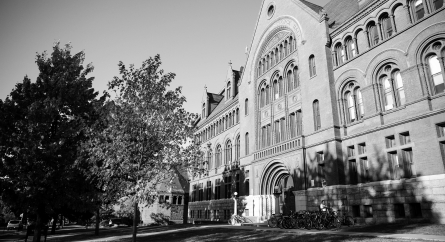Court Finds Colleges Must Protect Students from Danger
On March 22, 2018, California’s Supreme Court found that public colleges must protect their students from foreseeable violent acts. The ruling, Regents of the University of California v. Superior Court of Los Angeles County, is said to have nationwide significance.
The Plaintiff in the case, a UCLA student, was in chemistry class when a fellow student (the “Student”) stabbed her with a kitchen knife. Prior to this incident, the Student reported hearing voices and having violent thoughts. The Plaintiff sued UCLA for negligence, arguing that certain administrators knew about the Student’s “dangerous propensities,” but failed to warn and/or protect her. In its opposition, UCLA in part argued that a duty to protect would deter colleges from providing mental health treatment to their students.
Ultimately, the Court found that public colleges have a duty to protect their students from foreseeable violent acts. The Court found that this duty arose from the school’s “special relationship” with its students; a relationship which arises because students are vulnerable and colleges have a unique ability to protect them. However, the Court placed limits on this duty, explaining that colleges are not responsible for regulating off-campus or social activities that are not school-related. The Court noted that in some instances, a warning could satisfy the school’s duty to protect.
After solely deciding that UCLA owed the Plaintiff a duty of care, the Court then sent the case back to the Court of Appeal to decide whether this duty had been breached. The Court of Appeal will now have to determine, among other things, whether UCLA did enough in this case to satisfy its duty to protect.
Client Tip: Institutions should continue to educate employees on their duty to report mental health and public safety concerns and consider how to balance student safety and legal limits on the disclosure of student information (for example, The Family Educational Rights and Privacy Act, commonly known as FERPA).
Categorized: Higher Education, Policies, Protocols, Safety
Tagged In: California Supreme Court, public colleges, student safety, UCLA





